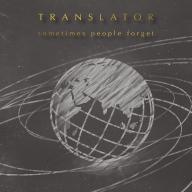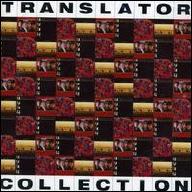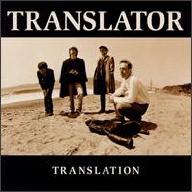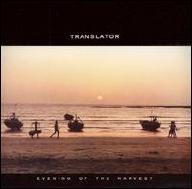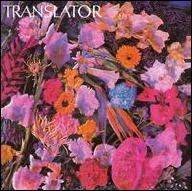As the decade wore on, they increasingly explored psychedelia, and live shows became three-hour affairs filled with traditional San Francisco rock-style jamming. Evening of the Harvest (1986) was the sound of a mature band and their most realized statement to date, as it fused rock with the band's increasingly nuanced side. Unfortunately, it also signaled their end, as the band quietly broke up by the end of the year. That year Columbia issued Everywhere That I'm Not: A Retrospective; two more CD retrospectives, Translation (Oglio, 1995) and Everywhere That We Were: The Best of Translator (Columbia/Legacy, 1996), followed, and the band played reunion shows in 1993 and in 1995. In 1996, ten years after their official breakup, Translator were paid one of their highest compliments when their recording of the Beatles rarity "Cry for a Shadow," which appeared on the B-side of Translator's 1983 single "Break Down Barriers," was mistaken by Beatles fans for a new recording created by the surviving members of the Fab Four for the documentary series The Beatles Anthology.
Translator continued to reunite on occasion, and Barton also worked as a solo recording artist. In 2006 Translator appeared at the annual SXSW festival in Austin, Texas, where their tight, stripped-down rock of the '80s sounded right in line with the 21st century's back-to-basics rock. In 2012, the original lineup of Translator returned to the recording studio for the first time in 26 years to cut a new album, Big Green Lawn, with the group playing a handful of well-received shows in support. In 2015, Omnivore Records released Sometimes People Forget, a collection of unreleased Translator demos recorded between 1979 and 1985. ~ Denise Sullivan, Rovi


